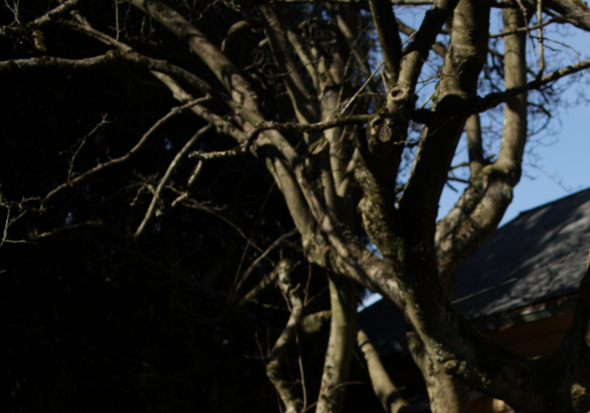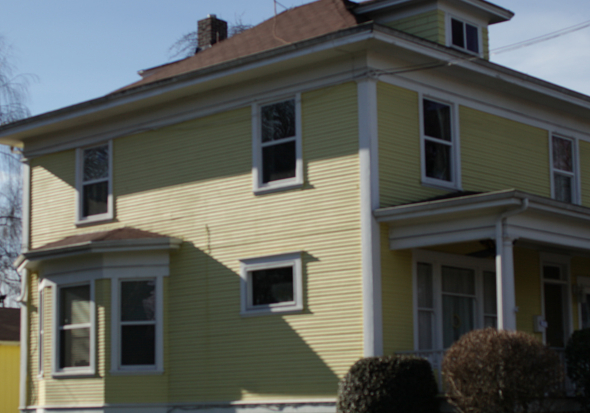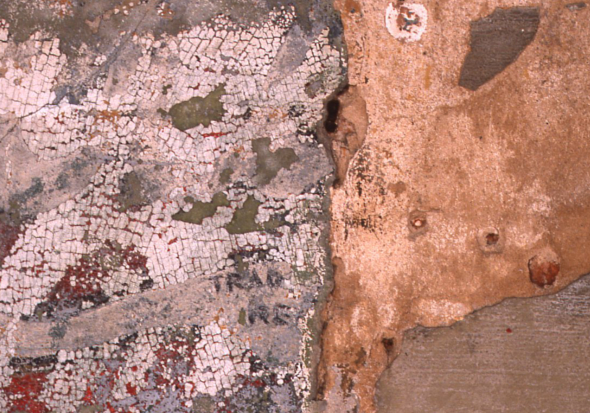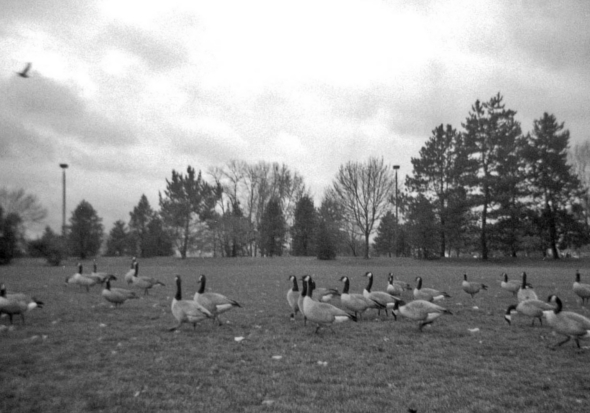Loading...









Loading...










Judas' mother misses her son, each night
she wanders the old road calling him,
headed for Galilee Beach. She remembers
the tortoise he kept in a box, the sandals
unlatched on the window sill, the big
knuckled hands building a fire, his knife
cutting bread at the evening meal.
Now her olive trees grow bent,
down on their knees in the dirt. It was
a mistake for him to leave home, thieves
and fishermen, stargazers, priests.
She thinks of his rusty hair and dark eyes:
Judas of loneliness, Judas of pain,
Judas of misery and silent farewell.
Over her head the galaxy turns
once around on its crooked stem.
Under her feet the long tracks
of wandering press down into the sand.
Joseph Millar's first collection, Overtime (2001) was a finalist for the Oregon Book Award. A second collection, Fortune, appeared in 2007, and a third, Blue Rust, is due out this fall (2011) from Carnegie-Mellon. Millar grew up in Pennsylvania, attended Johns Hopkins University, and spent 25 years in the San Francisco Bay area working at a variety of jobs, from telephone repairman to commercial fisherman. It would be two decades before he returned to poetry. His poems — stark, clean, unsparing — record the narrative of a life fully lived among fathers, sons, brothers, daughters, weddings and divorces, men and women.
His work has won fellowships from the National Endowment for the Arts and a 2008 Pushcart Prize and has appeared in such magazines as DoubleTake, TriQuarterly, The Southern Review, APR, and Ploughshares. In 1997, he gave up his job as telephone installation foreman to try his hand at teaching. After five years at Oregon State University, Millar now teaches at Pacific University's Low Residency MFA and lives in Raleigh, North Carolina.